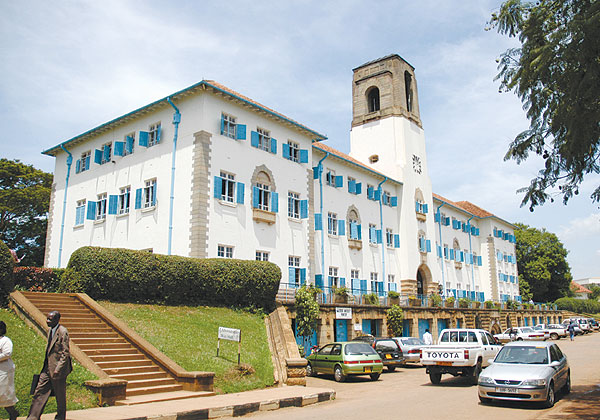
When Critical Thinking Goes AWOL
I have talked about conventional wisdom here before. What I refer to, as conventional wisdom, is the uncritical acceptance of a given piece of information, which when oft repeated, begins to sound like it is the truth. However, when subjected to rigorous analysis and testing, that conventional wisdom turns out to be more like a drunkard’s tale.
Here is a story about Makerere University that made me sit up and ask how critical thinking went AWOL. Don’t get me wrong; Makerere University is a great place. I spent there many memorable years as a student and teacher. If there is a University in Uganda to reckon with, it is still Makerere. There are some very knowledgeable professors and with the advent of the Internet, the University has access to incredible online resources.
This particular story was headline news. It stated that Makerere University had been ranked as the fourth best University in Africa. If you have spent the kind of time I spent at Makerere, then you surely have interacted with other African Universities and know a little more about how nuanced/fickle these rankings can be. You may also be keenly aware about the resource and capacity constraints at our Makerere. So why would such a story (whose only effect is to paper over the University’s ailments) be let to flourish?
Maybe we have become impervious to the deluge of information and are easily deluded. Without going into the methodology of rankings, a quick Internet search will show that Makerere has more than four different rankings. According to webometrics.com, Makerere is ranked 11th in Africa (the same website ranks University of Nairobi 8th). The timeshighereducation.com website ranks it fourth while 4icu.org ranks it 18th. Another website, has rankings that exclude South Africa, and ranks Makerere as number one.
So which ranking should we believe? If you are uninitiated, you would unfortunately have to live with this unconventional wisdom as a truism. The truth and the devil are in the detail, which I don’t have the luxury to indulge in. But a careful observer of society will note that those who can pay for higher education have voted with their feet.
Closer scrutiny will also show that indeed, the whole education system is being split, not just on the basis of incomes, but also on the basis of whether the discerning parents (mostly the baby boomer and X generations) have decided to avoid the national education system completely. Is that a good thing? I don’t know but it is delusory to think that all is well at good old Makerere.
The Makerere story reminded me of another ranking that we were given as a country. This second ranking was based on what is called the Global Entrepreneurship Monitor (see gemconsortium.org). After undertaking a data collection (based on two variables), the researchers concluded that Uganda was the most entrepreneurial country in the world! I must confess, we were all impressed by these findings and requisitioned press conferences to proclaim the findings. The research noted that Ugandans were very innovative people, who were always starting businesses (sic)!
Now I don’t know if selling bananas, groundnuts and mangoes amounts to starting a business or trying to survive. The economic reality is that given a dearth of jobs, potential workers, who should be in factories canning the mangoes and packing the roast groundnuts, resort to hawking them on the street. With the benefit of hindsight, I don’t know if that counts as entrepreneurship.
So with all of us the educated people in this country (as implied by the ranking of good Old Makerere) and our propensity to entrepreneurship, why is our economy in such a bad way? I suppose what got us into this rat hole won’t get us out. It is time to find out what happened to critical thinking and how we can use it to lift ourselves.
Dr. Samuel Sejjaaka, is Country Team Leader of Abacus Business School. This and other articles can also be read at monitor.co.ug
